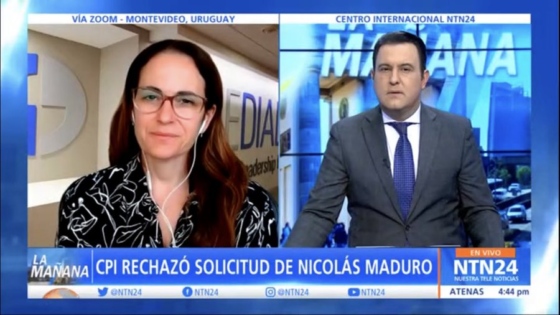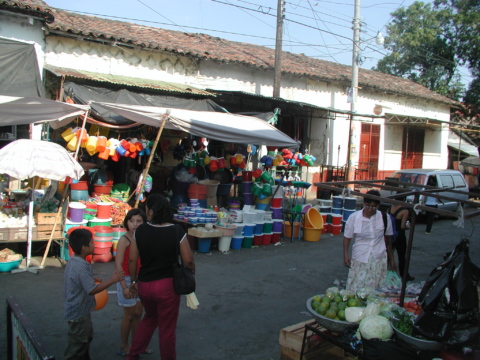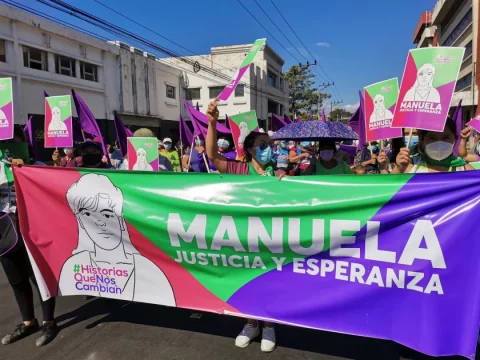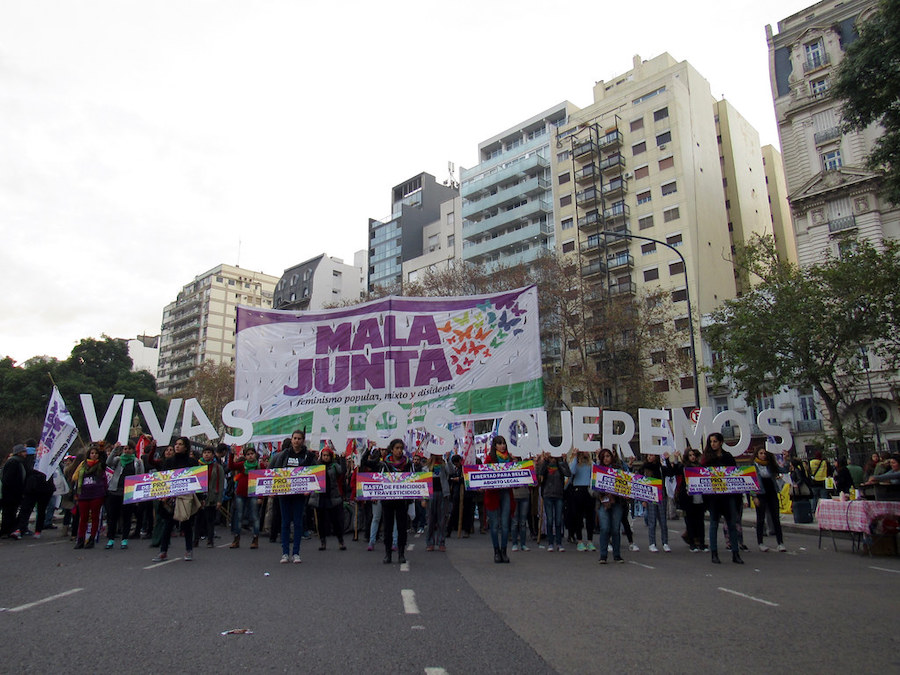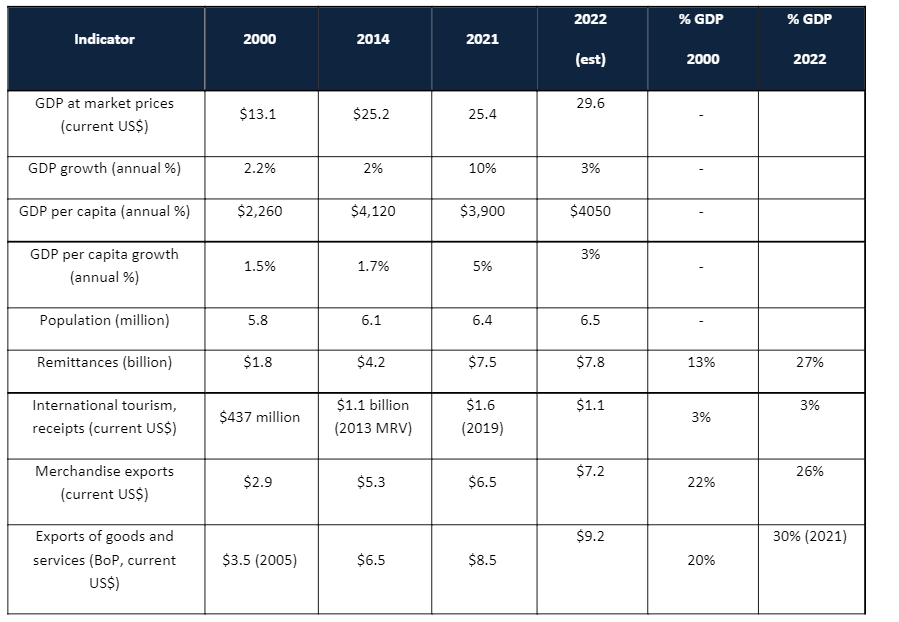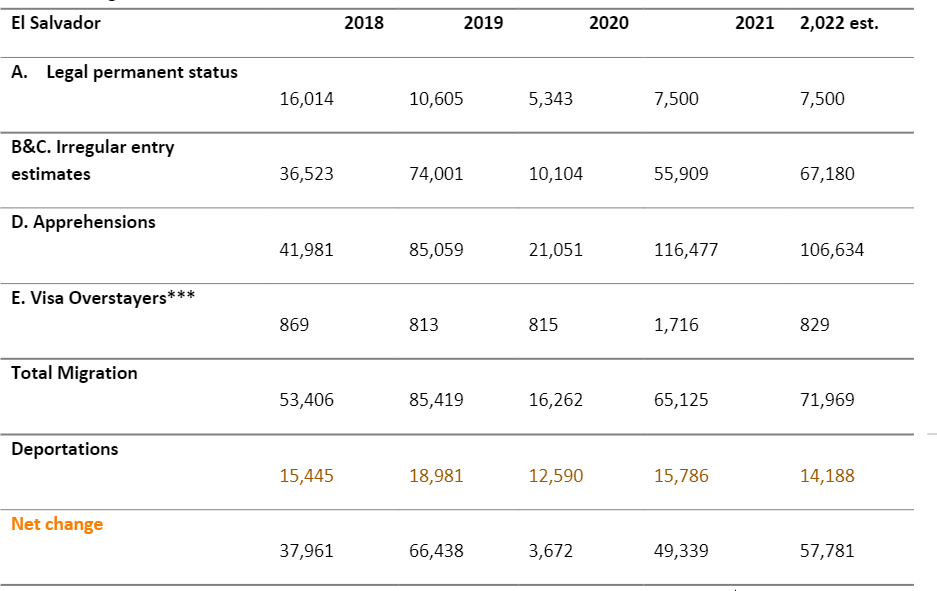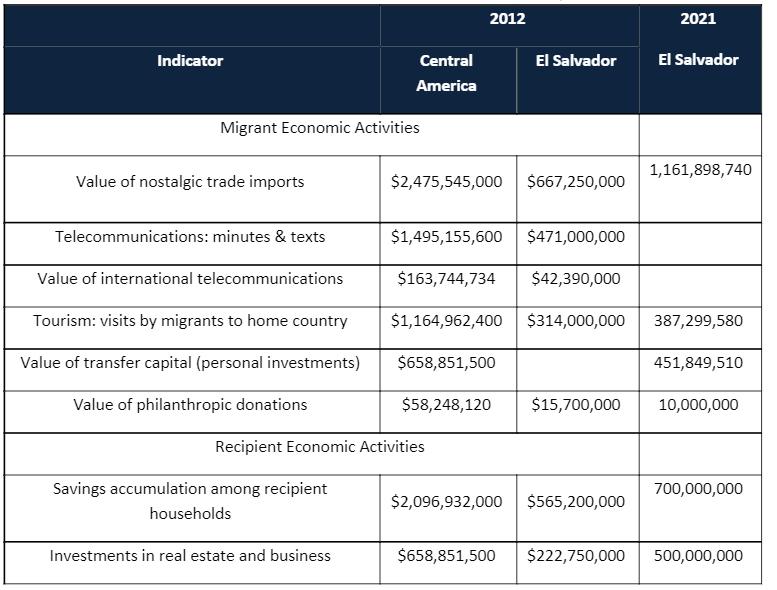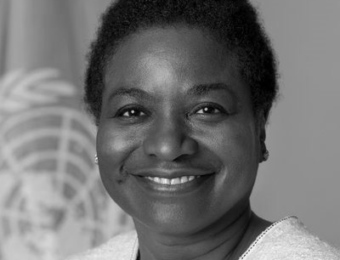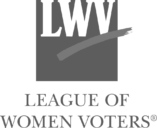Our Impact
The Dialogue has a track record of 25 years of research, analysis and advocacy on women’s issues. Since the first Summit of the Americas in 1994, the Dialogue has convened women leaders and monitored their progress in achieving positions of leadership in various sectors. For over a decade, the Dialogue co-sponsored with International Center for Research on Women, the Women’s Leadership Conference of the Americas (WLCA)—a hemispheric network of 100 diverse women leaders that sought to promote women into positions of leadership, improve their effectiveness, and hold governments accountable for commitments made to women at international forums. The program monitored government action by conducting research and producing analytical report cards measuring women’s progress.
Explore























